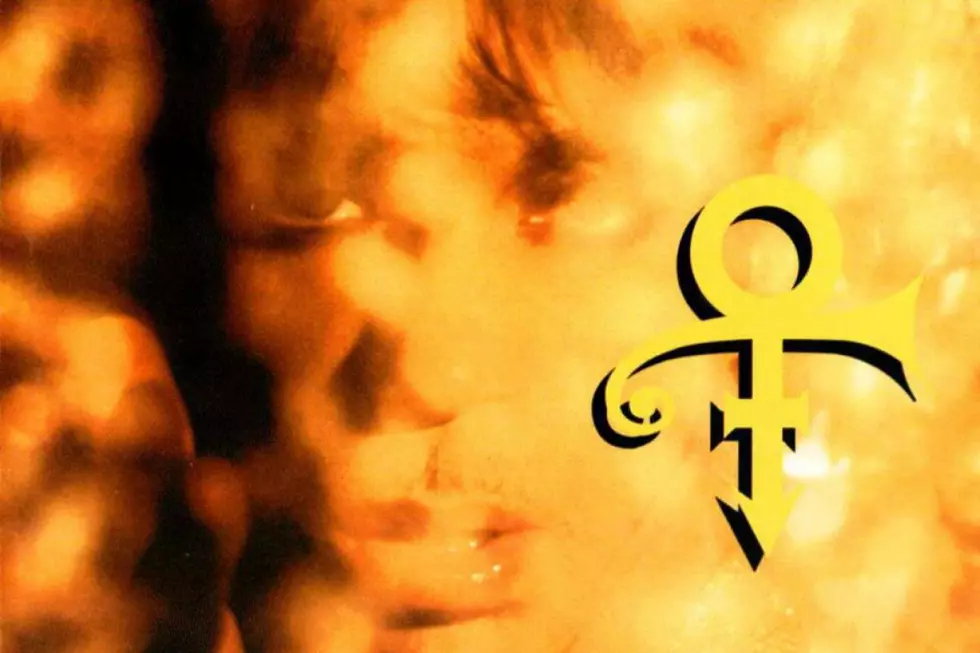
Prince Preaches Redemption on ‘The Cross': 365 Prince Songs in a Year
To celebrate the incredibly prolific, influential and diverse body of work left behind by Prince, we will be exploring a different song of his each day for an entire year with the series 365 Prince Songs in a Year.
On an album given to such extremes between modern-day tribulation ("Sign O' the Times") and ages-old come-ons ("Slow Love," "U Got the Look"), it is perhaps surprising that one of Sign O' the Times' most beautiful and intense moments, "The Cross," come from another aspect of Prince's life and muse.
"The Cross" makes plain the artist's spirituality, but not as some didactic sermon—more as a simple directive, a pointing away from the daily grind of poverty and indignity, toward a kind of rescue, a salvation of which the listener can be sure. "Don't cry, for he's coming," Prince sings. "Don't die without knowing / The cross." In three lines, he invokes the Rapture—the return of Jesus Christ to gather believers for a rising up to eternal life in Heaven—and alludes to the act of Jesus' crucifixion, the selfless sacrifice invoked in Biblical legend that makes eternal life possible.
The hinge of the covenant is belief—the "knowing" Prince speaks of. With a simple declaration of belief, the listener can be certain of the paradise that awaits. Notice that Prince never mentions Christ by name—the cross is the symbol of Christ's presence as well as his sacrifice. The cross—that instrument of his torture and death—is the figurative instrument of salvation as well, and the common image that takes the listener from the lullaby quiet opening of the song, through the martial cadence of its middle section, into the intense, noisy final third.
As Prince developed his beliefs as a Jehovah's Witness, he began performing "The Cross" live, as "The Christ," taking issue with the commonly held belief that Jesus was crucified on a two-beam patibulum, and not a single stake, or stauros, as Jehovah's Witnesses contend. A recording of one such performance exists (for the moment)—the 1998 Essence Awards ceremony, where Prince displayed a slide with the definition of stauros, and, as a preamble to his performance, noted the word was "by definition, a wooden stake driven in the ground, used to cause torture or death. Stauros—perhaps someone lied about the way someone died."
Watch Prince at the 1998 Essence Awards
But in doing this, Prince traded the beauty and comfort of the figurative for the drier, less compelling literal. The song—at least as originally conceived—isn't about how Christ died, but how others can find redemption in the most selfless of acts, how they can find relief from their burdens in a simple act of belief. It isn't about a grand debate between sectarian scholars or those who follow them. It's about surviving the maelstrom of the everyday, about finding a way through it all that touches on an inherent human need to be part of something bigger, of being warmed and protected in a moment in time that is so cold and so violent.
It’s about being forgiven in a world that is so unforgiving.
Prince Albums Ranked
More From Diffuser.fm









